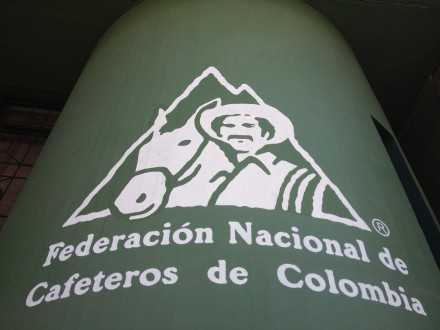LONDON, U.K. – After competing against more than 500 other nominees in the Green Apple Awards for Environmental Best Practices, the FNC was announced as the winner in two different categories: Innovation and Sustainable Water Management. The Innovation award highlights the Coffee Plant Renovation Program, an ambitious initiative developed by the FNC that transformed coffee plants throughout the country for a more rust-resistant variety.
As a result of this renovation program, nearly 3.4 billion trees were replaced in 5 years, improving the productive capacity of small coffee growers in Colombia and reducing their exposure to climate-related risks. Currently, more than 400,000 coffee growers are in better conditions to withstand the negative effects of climate change, becoming less vulnerable and more productive.
The FNC has also made significant strides in regard to water management, as recognized by the award it received for its Ecomill® equipment.
The FNC has been investing in the development of new technologies to obtain a water-efficient and environmentally friendly wet coffee process.
Ecomill® coffee technology was created by FNC’s Research and Development Center, Cenicafé, to dramatically reduce water use for coffee post harvesting processes and eliminate water contamination during the wet process of coffee.
“It is a true honour to receive not only one, but two Green Apple Awards tonight. This recognition validates the work we do to enhance the well-being of over 500 thousand Colombian coffee growers while at the same time contribute to mitigate the effects of climate change said Adriana Mejia, FNC´s Director of Europe who was present at the London event to receive the awards.
This international recognition positions Colombia as a leader in environmental best practices and a pioneer in the adaptation and implementation of sustainable practices in the coffee industry worldwide.
“We feel very proud to have received this recognition on behalf of the Colombian Coffee Growers,” said Roberto Vélez, CEO of FNC.
“We owe this to the efforts put forth over 1,500 FNC field extensionists, by our team of researchers from the Cenicafé and the FNC team that concentrates on developing sustainable and innovative initiatives.”


















